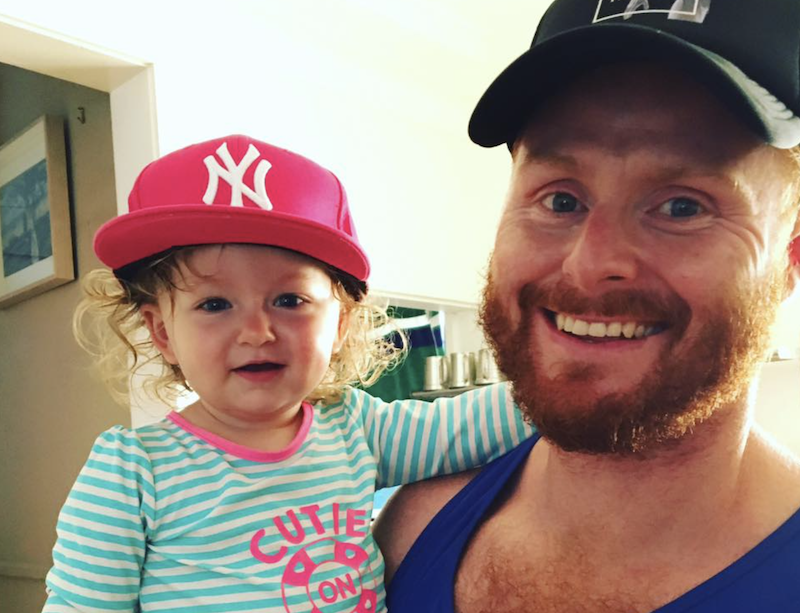Features
Cannabis could kill cancer cells
Published on July 23, 2020 by David Wylie

For a long time cannabis has been recognized as a comforting aspect of cancer treatment – mainly as a pain killer and as an appetite stimulant.
Now, new research finds that the cannabis plant may, in fact, have a more full-fledged role.
According to a team of researchers at the University of Newcastle and Hunter Medical Research Institute in Australia, a modified form of medicinal cannabis can actually kill or inhibit cancer cells.
It reveals cannabis’ potential as a cancer treatment rather than only a relief.
Cannabis research is in a golden age in Canada.
Recreational legalization is now nearly two years old. Medical cannabis, though, has been available for quite a bit longer than that. That means researchers have been tapping into a boon of potential funding and study subjects.
Early findings have yielded positive results in a variety of research areas. In B.C., research out of the University of British Columbia has found cannabis can reduce the risk of overdose from opioids, and it also has been shown to alleviate depression.
Locally, cannabis oil produced by Kelowna’s The Valens Company is part of a Shoppers Drug Mart study into its medicinal effects, to help the drug store make scientifically backed claims.
(Valens, by the way, is a client of Vitalis Extraction – another key Kelowna cannabis player.)
Cannabis research is happening at a global level.
Other countries are, of course, doing their own research as cannabis becomes more accepted globally.
This latest research out of Australia involves cancer researcher Dr. Matt Dun, whose own daughter succumbed to a deadly form of brain cancer.

“Hopefully our work will help to lessen the stigma behind prescribing cannabis, particularly varieties that have minimal side-effects, especially if used in combination with current standard-of-care therapies and radiotherapy,” said Dun.
The researcher and his team found that CBD-enriched cannabis is more effective at killing leukemia and pediatric brainstem glioma cancer cells than other strains with higher THC.
The company that produced the cannabis cultivar – known as ‘Eve’ – wanted Dun to test it against cancer.
“We initially used leukemia cells and were really surprised by how sensitive they were,” Dun said.
“At the same time, the cannabis didn’t kill normal bone marrow cells, nor normal healthy neutrophils [white blood cells]. We then realized there was a cancer-selective mechanism involved, and we’ve spent the past couple of years trying to find the answer.”
The next phase for the study includes investigating what makes cancer cells sensitive and normal cells not, whether it is clinically relevant, and whether a variety of cancers respond.
“We need to understand the mechanism so we can find ways to add other drugs that amplify the effect, and week by week we’re getting more clues. It’s really exciting and important if we want to move this into a therapeutic,” Dr Dun adds, stressing that CBD-enriched cannabis isn’t yet ready for clinical use as an anti-cancer agent.
Photo of Dr. Matt Dun and his daughter /Facebook
Leave a comment on our Facebook page.
© Copyright 2020 Okanagan Z. | About the oz.
Report a Typo or Inaccuracy
We strive to avoid typos and inaccuracies. However, on occasion we make mistakes. We value your contributions and help in correcting them.